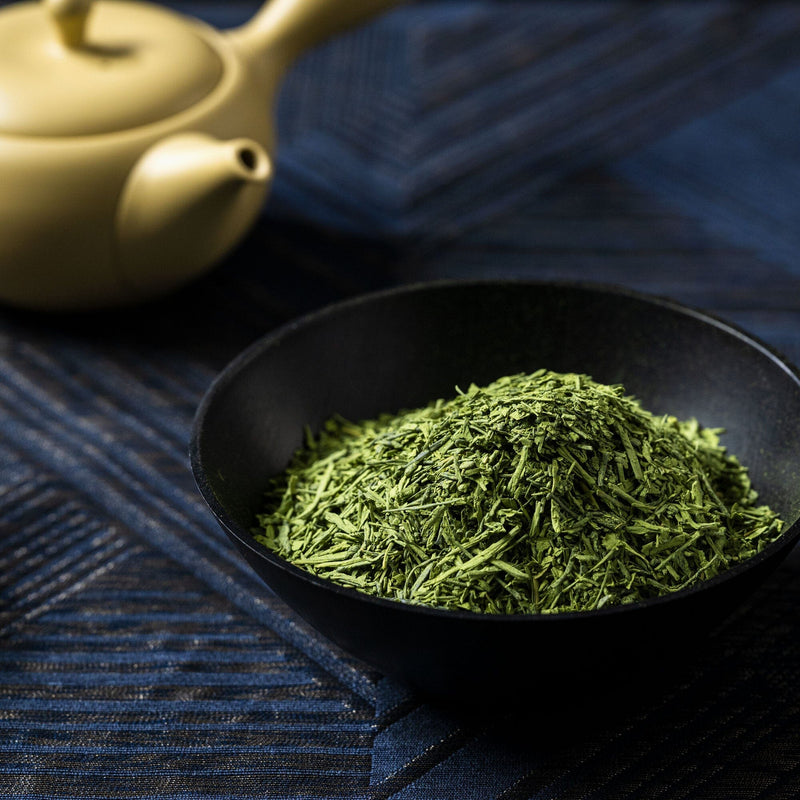-
•
- Spring Teas • White Peony
"This tea offers a luxurious delicacy for just about anyone, with a wonderful flavor and body." - Linda M.









White Peony



Pure white tea with mellow-sweet notes of spring meadow and accents of honey
About this tea
Origin
Fujian, China
Ingredients
White tea




Ingredients
White tea


Origin
Fujian, China


Origin
Fuding
Fujian Province, China
The coastal town of Fuding is located in China's Fujian province, a famous white tea producing region situated in mist-enshrouded mountainsides that overlook an estuary flowing to the sea. The savory quality in the white teas grown in Fuding is attributed to the maritime air and oceanic minerals and basalt content in the rich soil of these gardens.






Caffeine Level
High
Based on an 8oz cup of tea made with suggested steeping method relevant to the tea type. An average cup of coffee contains about 90 – 120 mg / 8oz cup.
0 MG
100 MG
Preparation
- Imperial
- Metric
Traditional Preparation
Water Temperature: 185°F
Leaf to Water Ratio: 5g per 320ml (11oz)
Steep Times: 1st infusion 3-4 minutes, Increase the steeping time by 30 seconds with each additional infusion

Teaware
Everything You Need to Brew the Perfect Cup
Everything You Need to
Brew the Perfect Cup
Customer Favorites
FAQs
What is organic white tea?
White tea gets its pure, delicate flavor profile from the very light processing of Camellia sinensis leaves. Where other tea leaves are fired or rolled, white tea leaves are simply air dried. Rishi’s organic White Peony Tea uses young tea leaves and unopened tea buds from Fujian province in China.
What is the difference between Silver Needles and Bai Mu Dan?
Both are white teas originating from China’s Fujian Province and both are made from tea buds. However, Silver Needles white tea, also known as Bai Hao Yin Zhen, is made exclusively from tea buds plucked by hand in the early springtime, giving it a vegetal taste with a subtle sweetness. White Peony Tea, on the other hand, is made from a combination of young tea leaves and unopened buds, giving it a stronger, more robust herbaceous flavor than Silver Needles.
What food pairs well with White Peony Tea?
Because White Peony or Bai Mu Dan tea has delicate, floral notes, more subtle-flavored foods pair well with it, such as fresh fruits, light pastries or cookies, creamy cheeses like Brie or goat cheese, and even oatmeal or yogurt.
What is the best way to enjoy White Peony Tea?
Organic loose leaf Bai Mu Dan tea contains much less caffeine than coffee, so it's great for late afternoon or after dinner. Pair it with a delicate pastry, berries or stone fruit for a touch of sweetness.
- Elizabeth A. B.Verified BuyerI recommend this productRated 5 out of 5 stars1 week agoVery effective medicinal !!!
This tea ,which is classified as a medicinal substance in Germany, was chosen for it's anti-inflammatory effect.
Pleased to report it works wonderfully! Very pleasant as well. It is part of my morning routine.
ALL RISHI TEAS exhibit consistent, superior, excellence. Their freshness, balance, strength, blending & flavor
are reliably present in ALL teas I have used thus far. My expectations have never gone unfulfilled.Carry On!
Was this helpful? - Diana R.Verified BuyerRated 3 out of 5 stars2 weeks agoStill experimenting.
Unexpectedly large leaves, delicate to the taste but “green clean” in flavor. An interesting solo tea. Now to try it with or after food.
Was this helpful? - Meagan M.Verified BuyerI recommend this productRated 5 out of 5 stars1 month agoPerfection.
Perfection.
Was this helpful? - K K.Verified BuyerI recommend this productRated 5 out of 5 stars1 month agoPerfect white tea for a novice like me
Calming, pleasantly mild, very lightly sweet-smelling. No bitterness or chlorophyll flavor, leaves in good condition.
Was this helpful? - DVerified BuyerI do not recommend this productRated 1 out of 5 stars4 months agoVery disappointed
I was very excited to try this tea, but it was sadly a disappointment. The flavor was very weak. I'm rather at a loss. I love my Rishi teas, but this was a rare miss. I would appreciate a refund.
Was this helpful?Rishi Tea & BotanicalsHi D! Thanks for sharing your experience, we are so sorry to hear that White Peony missed the mark. We recognize tea is a uniquely personal journey, and encourage adapting the brew to your preferences by adjusting the leaf amount, brew time, or water temperature. Please feel welcome to contact our Customer Service Team if we can help further in dialing in the brew or with profile recommendations. We're grateful to share tea with you.
 Winter Teas
Winter Teas















































































































